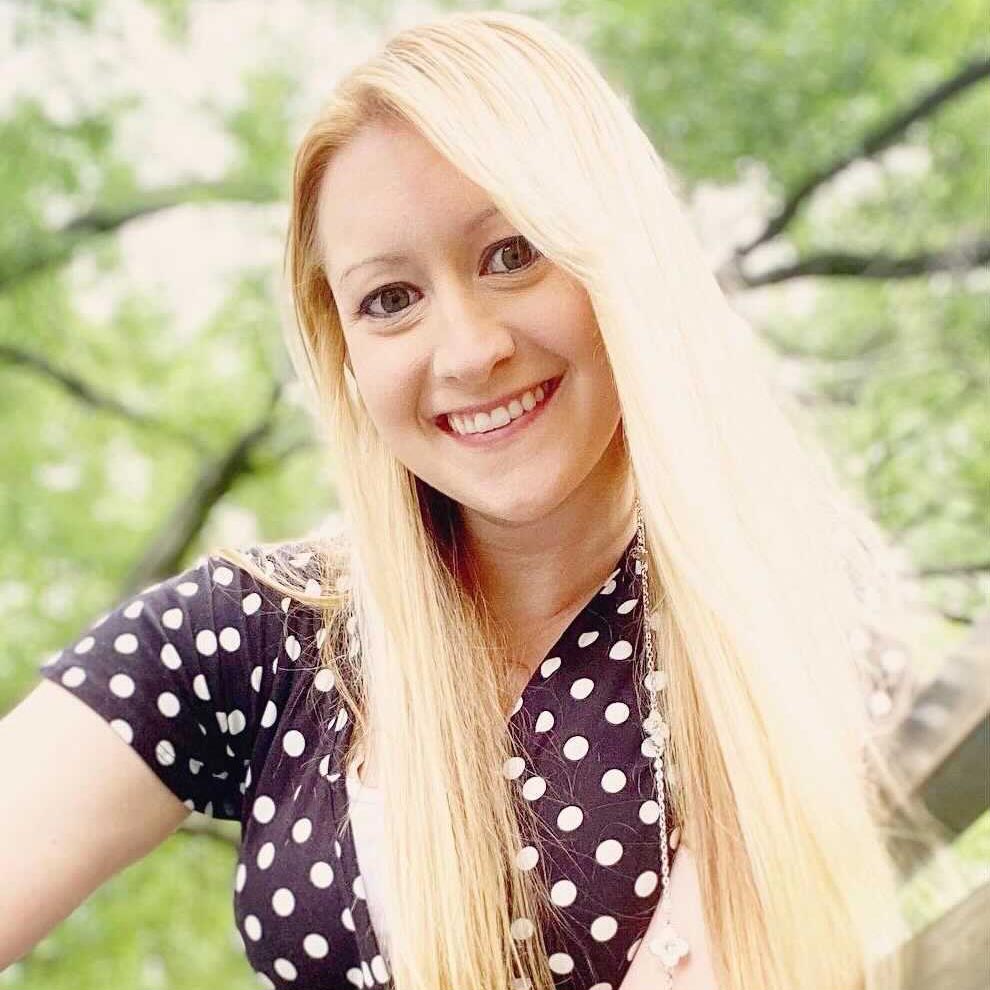Media
Thousands of brands are running ads next to COVID vaccine misinformation: Thursday Wake-Up Call

February 18, 2021 10:45 AM
Featured Stories
US ad employment slumped in May for the sixth consecutive month
The U.S. ad business lost jobs in May for the sixth month in a row. The overall economy added 139,000 jobs, showing modest but relatively steady growth despite worries about tariffs, inflation and recession.




